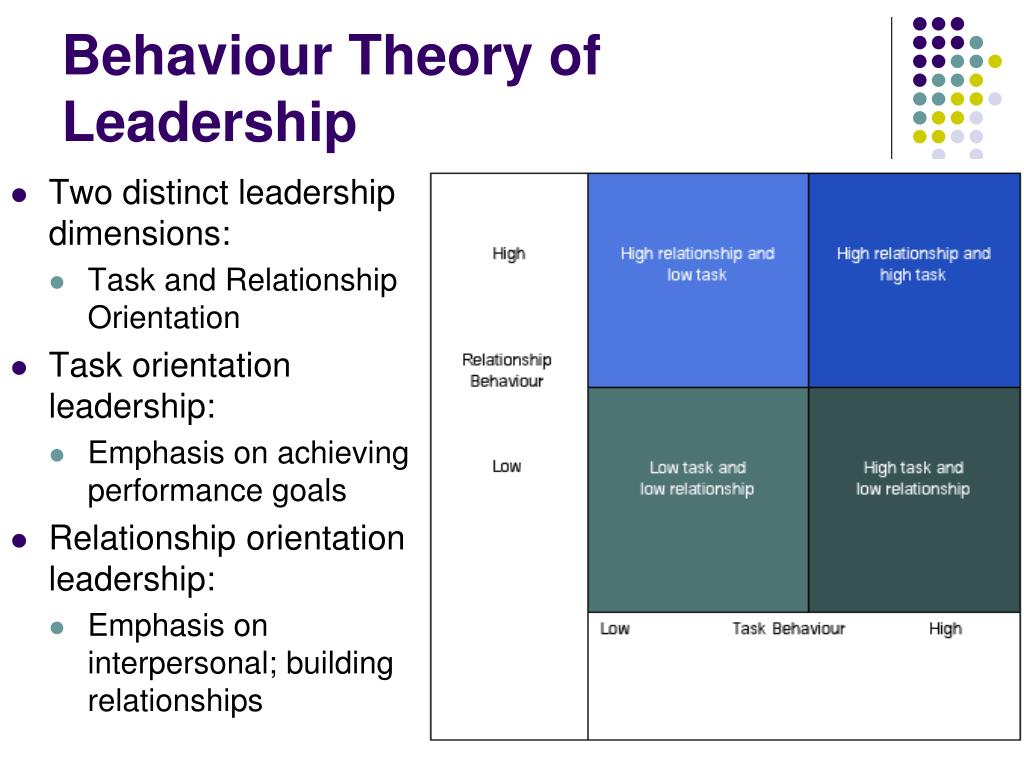
- THEORIES OF LEADERSHIP HOW TO
- THEORIES OF LEADERSHIP SERIES
For example, a leader might offer employees a bonus for hitting sales goals or extra vacation time for working through a holiday.
THEORIES OF LEADERSHIP SERIES
Under transactional leadership, a manager approaches employee relations as a series of transactions or exchanges. Less-skilled teams can run into problems as well. This can be an effective style of leadership with a highly skilled team, but it can result in a team suffering from a lack of direction. They expect their team members to make the right call on their own and trust their employees to do their jobs well.
Laissez-faire leaders use a light touch managing their teams. This style of leadership can cause teams to become more invested in the process and the goal, but they can also get bogged down with complicated decisions. While team members may still disagree with their leader’s decision, their perspectives are taken into account. Democratic leaders involve the team in decision-making, allowing everyone to have a say. Micromanaging a team can be ineffective because it monopolizes a manager’s time and draws their attention away from more important things, and because it can cause employees to feel disempowered. While an autocratic leader might be able to make decisions quickly and firmly, many teams grow to resent autocratic leaders. Autocratic leaders are classic micromanagers, taking responsibility for all decision-making. How do leaders interact with their team? Do they allow employees to make important decisions, or do they micromanage? Do they celebrate their teams for successes or focus on weaknesses? In the 1930s, Kurt Lewin broke down leaders into three broad categories. There are multiple behavioral theories of leadership, says Mind Tools. If all leaders possess the same traits, why do some people who possess those traits not become leaders? Does the context within which the leader arises play a part? What is the explanation for leaders who do not possess the traits supposedly common to leaders? Behavioral 
The theory has been widely criticized, however, for a variety of reasons. It argues that leaders all possess certain traits: intelligence, a sense of responsibility, creativity, and so forth.

The trait theory of leadership operates under the assumption that some people are born to be leaders. Being familiar with the different theories can help you become an effective leader and better manage your team.
THEORIES OF LEADERSHIP HOW TO
There are many theories about leadership and how to identify people who should be in leadership positions.






 0 kommentar(er)
0 kommentar(er)
